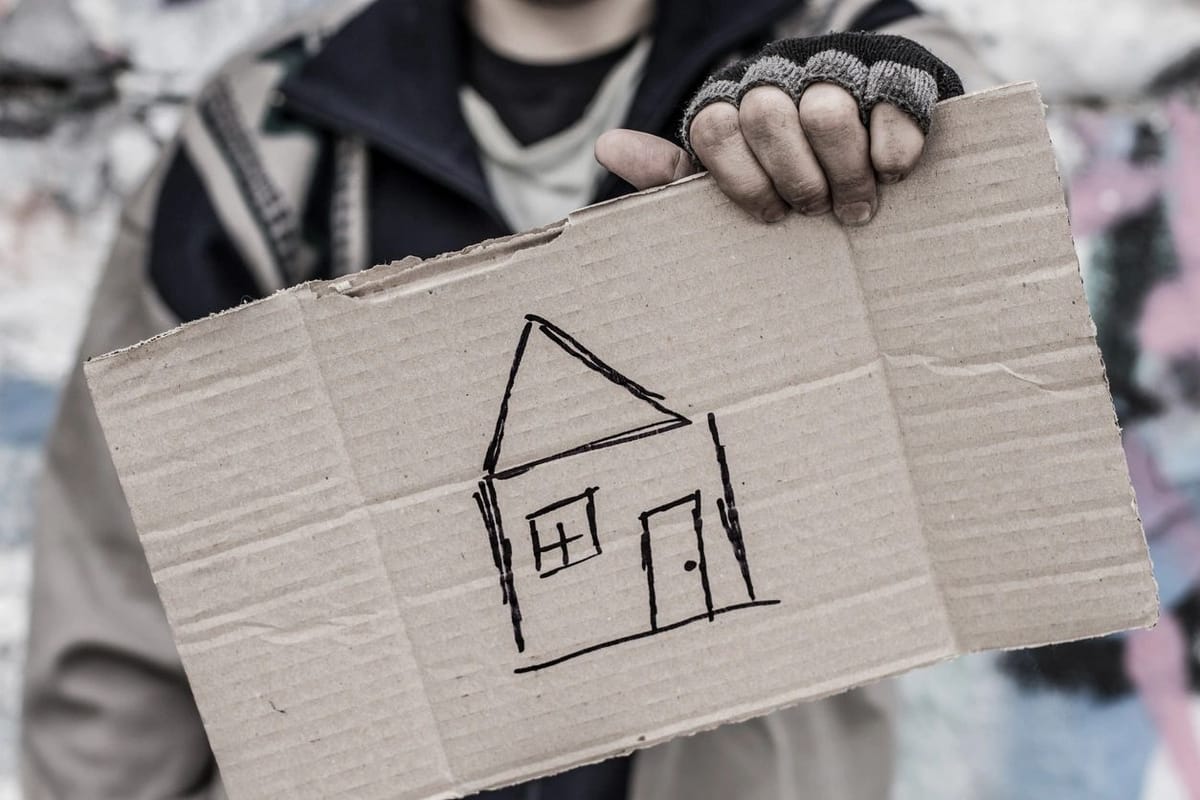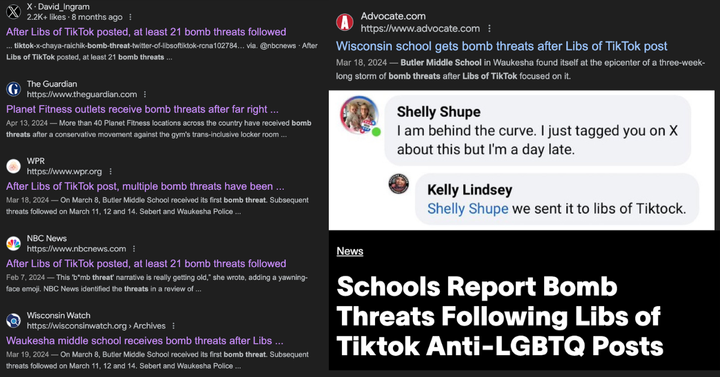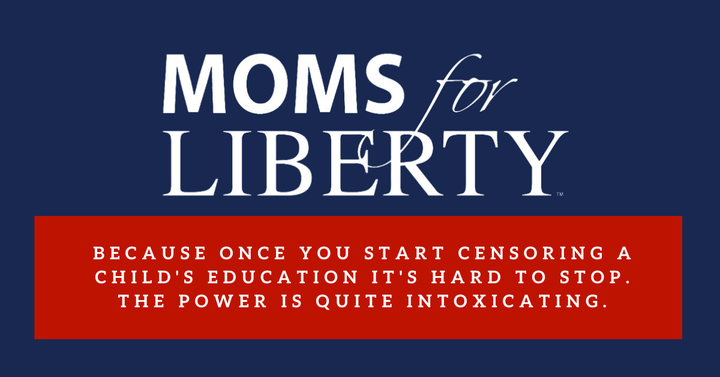The Eviction Tsunami Is Coming, Impact Unknown

News outlets have forecast an eviction tsunami getting ready to crush between thirty and forty million Americans and place an unprecedented strain on courts in nearly every state across the country.
This week, the CDC issued a sweeping temporary halt to evictions nationwide due to the Coronavirus pandemic applying to citizens who fall under specific criteria. You can read the thirty-seven-page document here. Anchorage leasing companies appear poised to move forward with evictions anyway.
Under the rules of the CDC order, renters have to sign a declaration saying they don’t make more than $99,000 a year — or twice that if filing a joint tax return — and that they have no other option if evicted other than homelessness or living with more people in close proximity.
Evictions for reasons other than nonpayment of rent will be allowed. The government says it will impose criminal penalties on landlords who violate the ban.
Per reporting, the CDC is expected to officially publish guidelines in the Federal Register on Friday, launching the expanded program, said Mara Rabinowitz, a spokeswoman with the Alaska court system. According to Rabinowitz, judges will consider the new guidelines when someone files an eviction action - but what that means seems unclear. If an individual meets the procedures under the CDC order, that person should not be evicted.
This past year, the Municipality of Anchorage utilized money granted via the Cares Act and allotted funds to help residents pay their rent. The money afforded to residents was attainable through Alaska 2-1-1 and via a lottery drawing through the Alaska Housing Finance Corporation. If a renter took advantage of every opportunity for assistance, they would have received up to three thousand dollars from rent checks made payable to their landlord.
I don’t know anyone whose monthly rent is under one thousand dollars. Unfortunately, I also know people who didn’t know that this kind of assistance was available to them, and those that did, had problems with the application process.
One requirement for gaining access to the rental assistance program was that each individual applying for assistance needed a valid form of identification. Many low-income individuals lack the funds and documents necessary to obtain a government-issued ID. Birth certificates cost money, and replacing a needed social security card during the pandemic has proven difficult for many people. According to posts and comments on local social media, people have been turned away from receiving rental assistance because they lacked a current form of government-issued identification.
Additionally, the number of times a person could receive the one thousand dollars rental assistance was capped at a total of three times, once from the state and twice through Alaska 2-1-1, meaning that in the five months since Covid-19 began affecting the city of Anchorage, the city was effectively covering three months of rent.
Many Alaskans who applied for unemployment still have not received it, specifically those self-employed residents. After three months of submitting unemployment claims to the state of Alaska, self-employed workers were told their applications would not be honored. They would instead need to file for the pandemic unemployment assistance program, which required even more documentation than the state of Alaska initially asked for, which many didn’t find out about until June. Many self-employed workers either have not yet received this money or have grown so frustrated with the process that they gave up altogether.
Many part-time workers didn’t even qualify for unemployment payments because they didn’t meet the state criteria for doing so.
The United States government sent twelve hundred dollars as a direct deposit to every qualifying American in the form of a stimulus payment distributed by the IRS. The rollout of that money has been plagued with problems, from people not being able to access the portal to stimulus payments being directly deposited into old accounts. Three weeks ago, it was reported that the IRS would send payments to low-income and disabled parents who didn’t get $500 for their children.
Millions of Americans who didn’t receive stimulus payments via direct deposit were mailed stimulus Treasury checks. This process took considerable time to begin processing as Donald Trump wanted his name on the checks. Many Americans still have not received their twelve hundred dollar stimulus payment, falling behind on their rent, utilities, and other monthly expenses.
In Anchorage, two larger leasing companies, Weidner Properties and Nova Property Management seem to be moving full speed ahead with evictions. This morning, a simple Alaska CourtView search turned up numerous eviction filings within the Municipality of Anchorage, with many of these evictions having been filed when Alaska and Anchorage effectively shut down back in March.
You may not be aware that the unemployment rate for Alaska jumped from 5.2% in January to 14.3% in April of this year.
Since April, the Alaska unemployment number has dropped slightly from 12.2% in June to 11.0% in July. In July, eight hundred positions were lost, with 3,600 workers exiting the labor force causing the unemployment rate to decrease.
Residents are still hurting, the economy is still hurting, and small businesses have cut back dramatically on their hiring. A quick search of popular job finder, Indeed.com indicates that companies are not hiring as they once were, most likely because businesses know that we will be doing some form of shutdown in Anchorage just in time for Christmas.
Anchorage does not need a wave of evictions amid a global pandemic, where a Covid-19 outbreak has recently occurred at the Brother Francis homeless shelter. As most Anchorage residents know, Anchorage is already facing a significant homeless crisis.
The Anchorage Assembly should lift the cap on the number of times an individual in need can receive assistance from Alaska 2-1-1 and work with individuals who have experienced financial hardship due to the Covid-19 pandemic.
If the Municipality doesn’t adhere to or challenge the CDC eviction halt order and continues with evictions, I wonder what impact that will have on the November elections?
Is it better to help renters out now, which in turn helps landlords and tenants, or is it better to place a steady stream of people onto the streets? The answer seems clear.
Minutes before publishing this post, the Anchorage Daily News posted an article detailing many of the issues I’ve outlined here.


